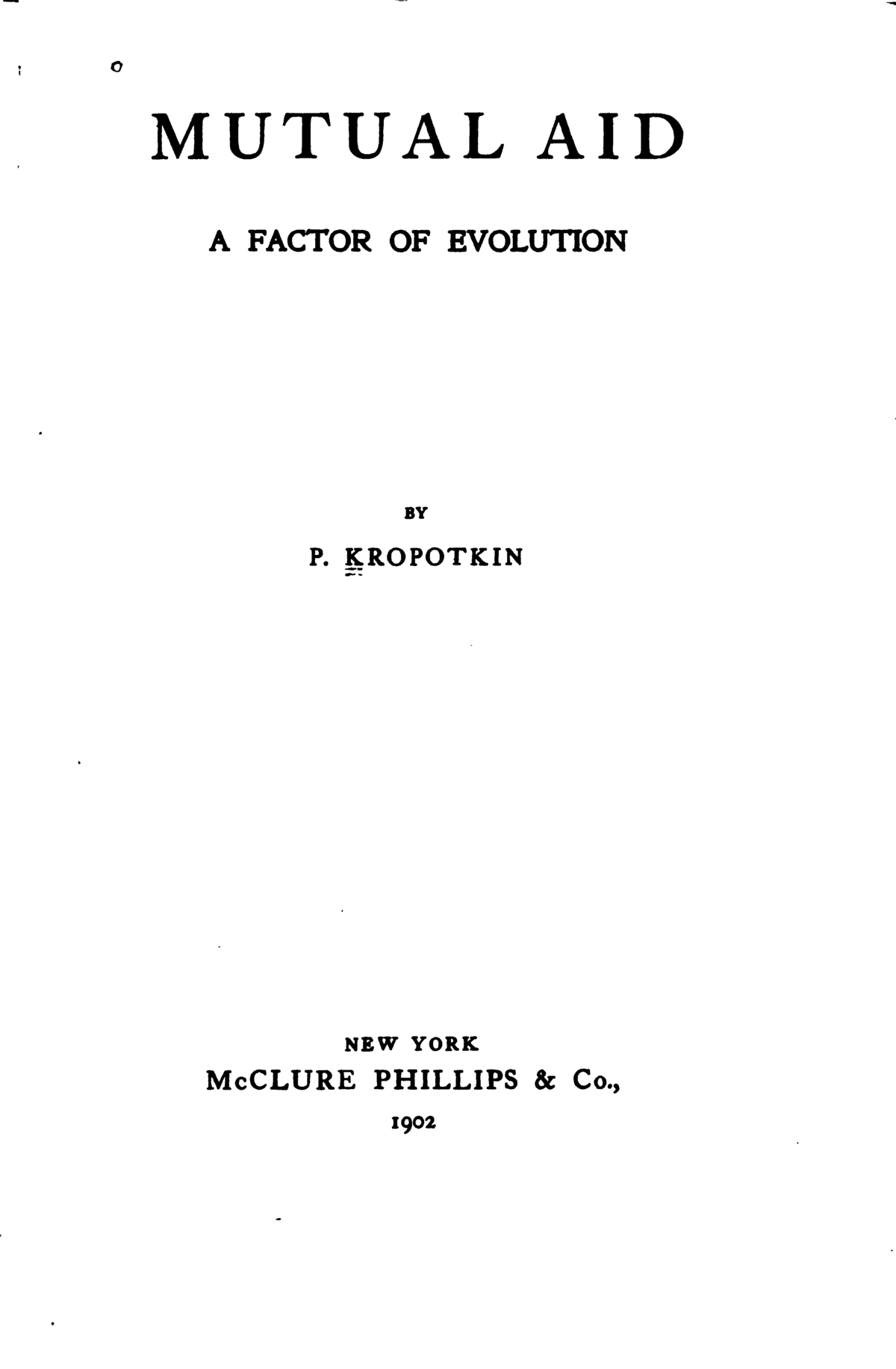Bomb#20
Contributor
- Joined
- Sep 27, 2004
- Messages
- 8,214
- Location
- California
- Gender
- It's a free country.
- Basic Beliefs
- Rationalism
Oh, I see why you think it's analogous. Sorry to misunderstand and thanks for explaining.By all means, point out where what I said implies that she made such a claim. I for one don't believe she did. From what I gather, she claims that they qualify as disorders because they are not what we evolved "for", and believes that allows, if not forces, us to ignore them in any objective description of the species. Because they are maladaptive mishaps of an error-prone biological mechanism that doesn't always end up with what was "intended" for us. Apart from the reek of teleology, the very same could be said about twins. If evolution had "intended" us to have 2 kids every year rather than one every two years, it wouldn't have made our infants so dependent.In the words of the master, you really think that's a useful analogy, don't you? If there's some place you've seen Emily claim DSDs qualify as disorders because they're outliers on distributions, by all means point the place out.The existence of the condition isn't a cultural concept. Classifying it as a disorder is. Ignoring its existence in a description of the human condition overall is both a cultural concept and unscientific. You won't find a biology textbook saying that human females give birth to no more than one child a time with a separation of at least 2 years because twins and getting pregnant while nursing are "disorders" of the reproductive mechanism and not breastfeeding for at least a year is creating an artificial environment.
I don't think it's reasonable to consider those malfunctions in the same sense. Having genitals that have a hard time getting the gametes to where they're "meant" to be wasn't an adaptation. Multiple births was -- bearing litters is the normal mode of reproduction in mammals. Typical litter size varies from species to species and natural selection tunes it, but it would be silly to calculate that cats' optimal litter size is three and deduce from this that my quads' mom malfunctioned. A cat having four babies just means the selection pressure to reduce the size to three can't have been all that strong and the species hasn't finished evolving to the new optimum. Likewise, if having twins really is as maladaptive in humans as you say, that just means evolution isn't finished tuning our average litter size from a lemur-like two or three to a chimp-like one. (And all that's assuming evolution isn't cleverer than you, and the current average human litter size of 1.01 isn't optimal!)I'm positive throughout human prehistory and most of history, having twins was clearly maladaptive. I'm willing to bet the high chance of both twins dying (above the background high infant mortality) and increased maternal mortality far outweighed the slim chance of both surviving almost in almost every culture and every environment the genus homo ever inhabited. Yet we still get (fraternal) twin pregnancies because the biochemical mechanisms that sometimes cause women's bodies to bring two ova to maturation at the same time are but a slight "misfunction" of the mechanisms that ensure they bring *one* to maturation on a regular schedule.
So twin births are, in the environment in which homo sapiens evolved, as much of a "malfunction" in the evolved biochemical pathways that ensure the development and operation of our species' reproductory apparatus as are intermediate genitals that have a hard time getting the gametes to where they're "meant" to be.
Be that as it may, your line of reasoning makes assumptions about what Emily's criterion for a disorder is that I suspect are inaccurate; hopefully at some point she'll offer a fuller explanation.

